


Acknowledgments
In 2002, the editor of this volume had the honor of receiving a Donald D. Harrington Faculty Fellowship that enabled him to spend one year doing research at The University of Texas at Austin. This fellowship also provided funds that were used for hosting an international conference, held September 18-20, 2003. The conference's revised proceedings are published in the present volume. I wish to express my gratitude to the Don and Sybil Harrington Foundation and Sybil Harrington for their generous support.
The extraordinary scholarly and personable environment in the Department of Asian Studies at The University of Texas has stimulated many creative thoughtsthis is an environment that owes much to the department's chair, Patrick Olivelle. Besides him, other colleagues generously shared their ideas with me: Joel Brereton, Alison Frazier, Edeltraud Harzer, Akbar Hyder, Martha Newman, and Janice Leoshko, to name only a few. I am grateful for their manifold inspirations.
The organization of the conference would not have been possible without the valuable help of the department's staff members, especially Sandra Paschall, who solved any unforeseen administrative problem with aplomb, Anne Alexander, Eduardo Contreras, and Jeannie Cortez. Mark McClish was of great help in scholarly and nonscholarly matters that came up during the conference, and Jarrod Whitaker (now at Wake Forest University) took the pains of improving the English of the nonnative speakers' contributions. I express my heartfelt gratitude to all of them.
Thanks are due also to the editor of the American Academy of Religion's Cultural Criticism Series, Jacob Kinnard, for his constant support, and to Oxford University Press for thoroughly editing the manuscript.
Last but not least I wish to thank the authors of this volume for sharing their expert insights in the respective historical contexts and for their commitment of discussing the criticism of asceticism also in a broader comparative perspective. Implicitly, and often explicitly, the chapters of the book reflect this discussion.
Contributors
Ulrich Berner is Professor of History of Religions (Religionswissenschaft) at the University of Bayreuth, Germany. His interests include European religious history, African Christianity, and method and theory in the study of religion.
Andrew Crislip is Assistant Professor of Religion at the University of Hawaii at  His interests include the social history of monasticism in late antiquity, healing traditions of early Christianity, and Coptic and Greek papyrology.
His interests include the social history of monasticism in late antiquity, healing traditions of early Christianity, and Coptic and Greek papyrology.
Max Deeg is Senior Lecturer for Buddhist Studies at the School of Religious and Theological Studies, University of Cardiff, Wales. His main interest lies in Asian religions (of India and China), with a focus on Buddhism, and in the history of religious studies.
Oliver Freiberger is Assistant Professor of Classical Indian Buddhism and Religious Studies at The University of Texas at Austin. His interests include early Buddhist monasticism, the comparative study of asceticism, and method and theory in the study of religion.
Ute  is Research Fellow at the South Asia Institute, University of Heidelberg, Germany, and a member of the executive committee of the collaborative research center "Dynamics of Ritual." Her interests include the disciplinary code of Theravada Buddhist nuns, Vaisnava temple rituals in South India, and ritual theory.
is Research Fellow at the South Asia Institute, University of Heidelberg, Germany, and a member of the executive committee of the collaborative research center "Dynamics of Ritual." Her interests include the disciplinary code of Theravada Buddhist nuns, Vaisnava temple rituals in South India, and ritual theory.
Isabelle Kinnard was a visiting Assistant Professor at the College of William and Mary in Virginia. Her areas of interest include late antiquity and the Middle Ages, with special focus on Christian martyrs narratives, Gregory the Great, and symbolic religious discourse. She is currently the Education Director at the Council for America's First Freedom, a not-for-profit organization, located in Richmond, Virginia, and dedicated to education about the history and current significance of religious freedom.
Christoph Kleine is Professor of East Asian Religion and Philosophy at the University of Munich, Germany. His main fields of interest are the religious history of East Asia, especially Buddhism, hagiography, methodology in the history of religions, and the relationship between norm and practice in religions.
Martha G. Newman is Director of the Religious Studies Program and Associate Professor of History at The University of Texas at Austin. She specializes in medieval European history, especially the study of Christian monasticism.
Patrick Olivelle is Professor of Sanskrit and Indian Religions at The University of Texas at Austin, where he is the Chair of the Department of Asian Studies. His interests include the ascetic and monastic traditions of India, the Upanisads, and ancient Indian Law.
Peter Schalk is Professor of History of Religions at the University of Uppsala, Sweden. His main interests are Buddhism among the Tamils, Sinhala Buddhist rituals, and religious expressions of conflicts in South Asia.
Asceticism and Its Critics
Introduction: The Criticism of Asceticism in Comparative Perspective
Oliver Freiberger
In recent years, the term asceticism has become popular in the liberal arts. In several fields of study, scholars have used it for analyzing cultural expressions, expanding its semantics often well beyond the ordinary sense. This new trend has precedents, but few contemporary writers link their approaches to previous studies. One of the first scholars expanding the meaning of asceticism was Max Weber, who made a distinction between "other-worldly" asceticism (the practice of monastics and renunciants) and "this-worldly" asceticism (the practice rooted in the vocational ethic of Protestantism).1 This distinction has prepared the ground for an even more fundamental understanding of asceticismonce we find ascetics "in the world," whose asceticism consists in self-restraint in working and in making money (which, according to Weber, is the basis of capitalism), we may be tempted to go one step further and release asceticism even from its link to Protestant ethics. Raising asceticism to a more abstract level of cultural theory, we can consider all self-restraint and self-denial "ascetic." One of the most influential books sketching this approach is Geoffrey Gait Harpham's The Ascetic Imperative in Culture and Criticism, first published in 1987.2 Harpham, professor of English at Tulane University, locates asceticism at the root of all culture. He suggests that "the idea of ethics is inescapably ascetical" and that "all cultures are ethical cultures." Cultures "impose on their members the essential ascetic discipline of self-denial."3 Harpham shows that the term asceticism in this wide sense of self-denial and self-control can be useful as a heuristic tool for cultural theory.
In studying the arts, a number of scholars have discovered asceticism as a crucial feature of artistic expression, some following Harpham's ideas. They examine, for example, "the ascetic ideal in contemporary painting, sculpture, architecture, music, dance, literature, and philosophy,"4 observing ascetic features in the work of many modern artists, among them Piet Mondrian, Joan Miro, Frank Lloyd Wright, Philip Glass, Glenn Gould, Samuel Beckett, and Jean-Paul Sartre.5 Johannes Bronkhorst, professor of Sanskrit and Indian Studies at the University of Lausanne, has presented asceticism even as a universal and innate human predisposition, "the attitude of being different from body and mind." Comparing it to the "language instinct" of human beings, Bronkhorst argues that asceticism is a counterproductive universal, emerging from an "ascetic instinct" innate in human beings.6

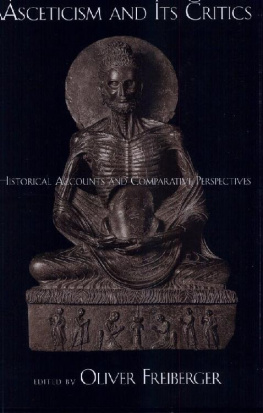

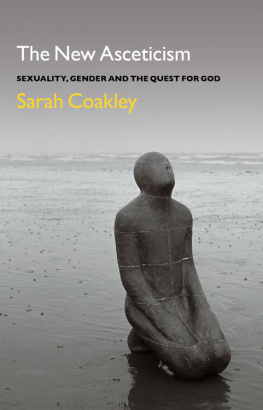
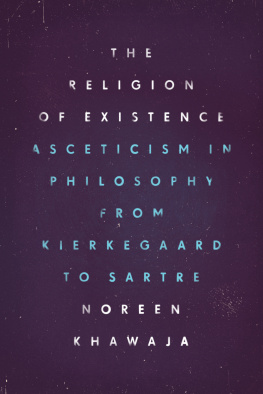
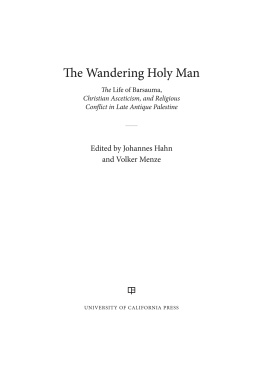
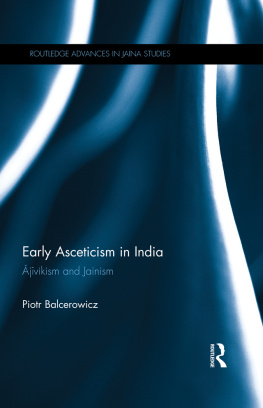
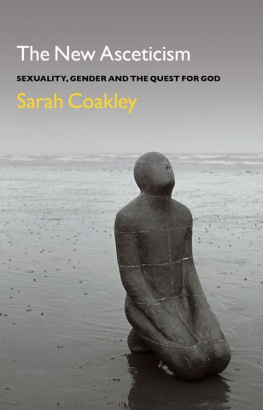
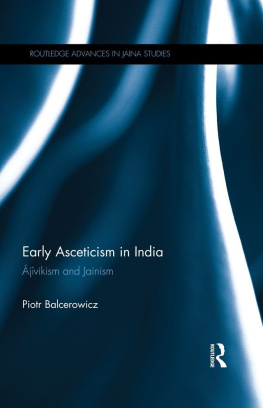
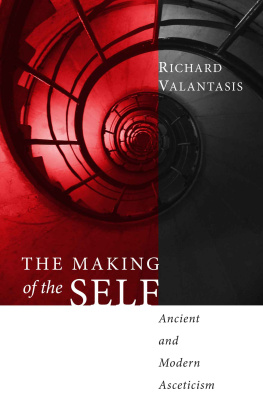
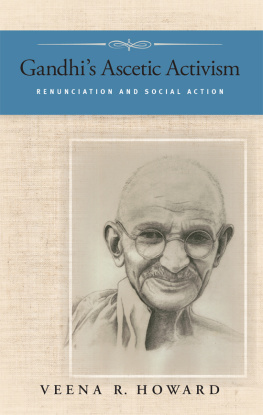
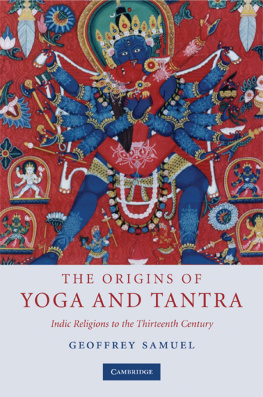
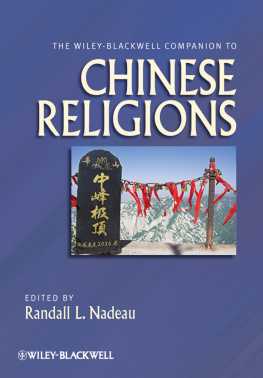




 His interests include the social history of monasticism in late antiquity, healing traditions of early Christianity, and Coptic and Greek papyrology.
His interests include the social history of monasticism in late antiquity, healing traditions of early Christianity, and Coptic and Greek papyrology. is Research Fellow at the South Asia Institute, University of Heidelberg, Germany, and a member of the executive committee of the collaborative research center "Dynamics of Ritual." Her interests include the disciplinary code of Theravada Buddhist nuns, Vaisnava temple rituals in South India, and ritual theory.
is Research Fellow at the South Asia Institute, University of Heidelberg, Germany, and a member of the executive committee of the collaborative research center "Dynamics of Ritual." Her interests include the disciplinary code of Theravada Buddhist nuns, Vaisnava temple rituals in South India, and ritual theory.